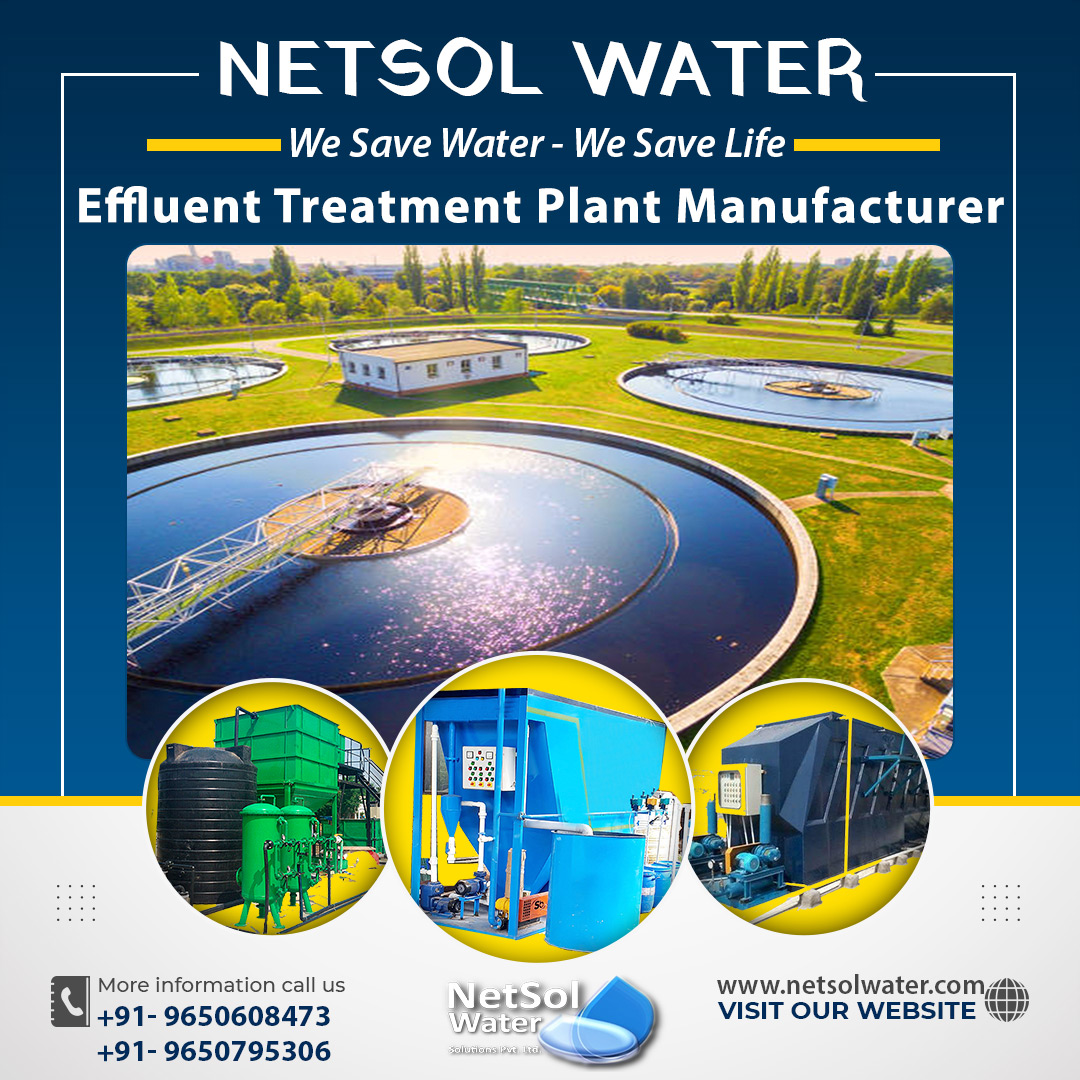How do you manage industrial wastewater plant?
The operation and maintenance of wastewater treatment plants is a complicated process that is required for the proper treatment of wastewater before it is released into the environment. Industrial wastewater is a by-product of industrial activities and is distinct from home wastewater sources. It comprises runoff and leachate from polluted regions near industrial or commercial storage, handling, or processing operations. If your firm discharges industrial wastewater, you must treat it before it enters the sewage system or otherwise exits the plant.
Many conditions must be met in order to operate a wastewater treatment facility in line with legislation.
What is the need of a maintenance program?
A solid maintenance schedule will increase the life of your equipment and avoid failures. Regardless of matter how rigorous your programme is, a piece of equipment will eventually fail. Breakdowns will be few and far between if preventative maintenance is successfully carried out.
The purpose of regular maintenance is to prevent pump and equipment failure before it occurs. Some jobs should be performed on a weekly, monthly, quarterly, or annual basis to prevent breakdowns and failures.
Lift stations, air release valves (ARVs), headworks structures aeration equipment, return and waste sludge pumps, and digestion aeration equipment are examples of preventative maintenance tasks. Oil changes and lubrication; partial or total overhauls at regular intervals. Furthermore, operators can track the degradation of equipment so that they may replace or repair work parts before they create system breakdowns. This data may be used to assist prioritise and budget for repairs as part of a system asset management strategy. Wastewater lift stations and wastewater treatment facilities must be in compliance at all times and cannot be taken offline for maintenance.
Wastewater treatment plant variations:
Wastewater treatment plants that employ Activated Sludge and the Extended Aeration Process will need to remove and clean air diffusers and pipe work assemblies, as well as clean any air blower intake filters, at least once a month.
Wastewater treatment plants that use Biological Aerated Filters will need to remove and clean airlifts or submersible pumps, as well as clean any distribution trays and air blower intake filters on a 6 - 12 monthly basis.
Advantages of a good maintenance program:
Equipment inspections on a regular basis
Regular calibration and modifications
Creating a long-term overhaul or outage programme
improved employee utilization/scheduling
enhanced comprehension and expertise of the equipment
Procedures for equipment maintenance should be better organised
Lubricant utilisation that is efficient
Purchase of replacement components that is efficient
Better organisation of the activities of the maintenance department.
Conclusion:
Implementing a maintenance programme is not as difficult as it may look because plant staff are already familiar with the facility's equipment. To receive this information in a useful manner, just plan and schedule the work activities.
The precautionary inspection process is the result of rigorous planning and involves a great deal of information. Every water or wastewater treatment plant is unique, necessitating a site-specific approach to maintenance. The skill level of the maintenance people, the complexity of the equipment, and a variety of other factors all have an impact on the creation and effectiveness of a programme.
For more information, contact Netsol Water.




